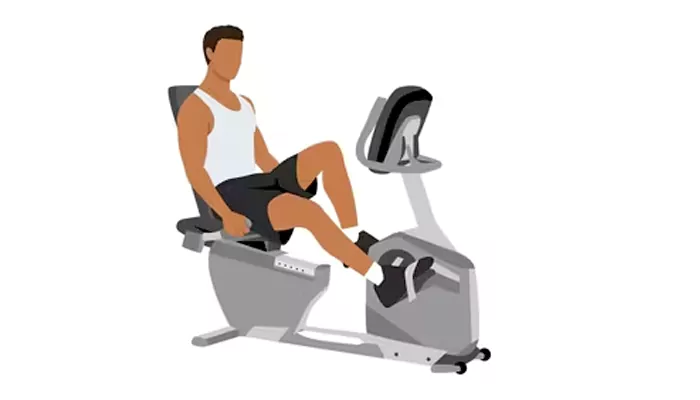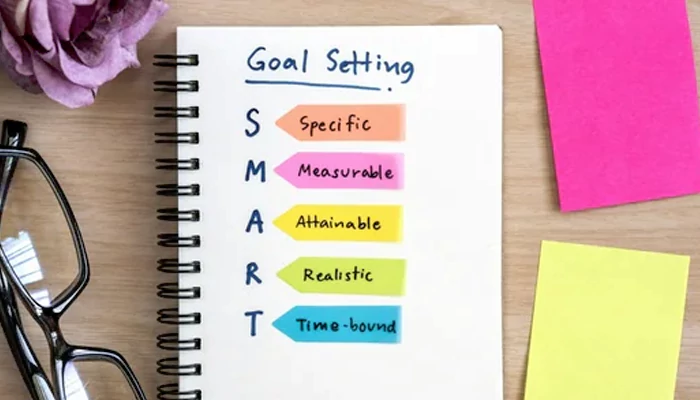Over 33% of Indians in Pre-Hypertensive State - Exploring the Tech Revolution in Hypertension Management
- Admin
- 1 year ago
- 5 minutes read

Hypertension, a prevalent global health issue, frequently remains undiagnosed until complications surface, necessitating lifestyle modifications, medication, and regular monitoring. Fortunately, technological advancements are revolutionizing hypertension management, facilitating seamless blood pressure tracking, adherence to treatment regimens, and communication with healthcare professionals. This integration of technology fosters greater patient engagement, potentially enhancing health outcomes. In today's fast-paced healthcare environment, where demands often exceed available resources, leveraging technology becomes imperative. Through innovative solutions like remote monitoring devices, mobile applications, and telemedicine platforms, individuals can conveniently monitor their blood pressure, access educational resources, and consult healthcare providers remotely, promoting continuous care and improved health outcomes. Embracing technology empowers patients to take proactive steps in managing their condition effectively, ultimately mitigating the adverse impacts of hypertension on overall health and well-being.
Revolutionizing Hypertension Management: The Era of Wearable Blood Pressure Monitors

The emergence of wearable blood pressure monitors stands as a pivotal advancement in the realm of hypertension management technology. These compact devices, designed to be worn on either the wrist or upper arm, offer a continuous stream of blood pressure data throughout the day. Their significance lies in their capacity to cater to individuals necessitating regular blood pressure monitoring, a cohort notably including those grappling with white coat hypertension—"where blood pressure readings surge within clinical environments." Wearable monitors furnish patients with the means to meticulously track their blood pressure trends over extended durations, thereby facilitating the discernment of recurring patterns. Armed with such insights, individuals can aptly tailor their treatment regimens to align with their specific requirements and responses.
Empowering Hypertension Management through Mobile Apps

Mobile apps play a significant role in managing hypertension, offering diverse functionalities for patients. These apps enable users to monitor blood pressure, adhere to medications, regulate diet, and engage in exercise. Moreover, they serve as educational platforms and facilitate communication with healthcare providers. An exemplary app is the "Check. Change. Control." programme by the American Heart Association. Through this app, individuals can meticulously track their blood pressure levels, receive timely medication reminders, and access support from trained coaches. Such digital tools not only empower patients in self-management but also foster a sense of connection and guidance in their journey toward better health.
Empowering Hypertension Management through Telemedicine

Telemedicine emerges as an increasingly favoured avenue for managing hypertension. Through telemedicine, patients engage with healthcare providers remotely, harnessing video conferencing and digital tools. This innovation proves particularly advantageous for individuals encountering challenges in accessing in-person appointments or residing in remote locales. Additionally, telemedicine consultations offer heightened convenience, especially for patients necessitating frequent follow-ups, thereby diminishing the demand for time off work or travel commitments. The seamless integration of technology not only enhances accessibility but also fosters a patient-centric approach, accommodating diverse needs and circumstances. In an era of advancing healthcare solutions, telemedicine stands as a beacon of convenience and inclusivity, transcending geographical barriers and empowering patients to prioritise their health effectively.
Revolutionizing Hypertension Management Through AI Technology

Artificial intelligence (AI) is emerging as a significant player in the management of hypertension. Algorithms can sift through extensive datasets, encompassing blood pressure records, medical backgrounds, and lifestyle elements, to unveil patterns and forecast future scenarios. This data analysis paves the way for tailoring treatment strategies to individual patients, considering their distinct risk profiles and preferences. By harnessing AI capabilities, healthcare providers can offer more personalised care, enhancing patient outcomes and satisfaction. This synergy between technology and healthcare heralds a new era in hypertension management, where precision and effectiveness converge to benefit patients. With AI's ability to process vast amounts of information swiftly and accurately, it becomes a powerful tool in the hands of medical professionals striving to combat hypertension and its associated risks.
Utilizing Social Media and Online Support for Hypertension Management
Social media and online support groups serve as valuable resources in managing hypertension. These platforms offer patients access to peer support and educational materials, fostering a sense of community and understanding. Connecting individuals with healthcare professionals facilitates discussions on treatment options and lifestyle changes. Moreover, social media provides a dynamic space for healthcare providers to share relevant information and engage with patients on a personal level. By utilising these platforms, professionals can deliver tailored advice and address specific concerns effectively. Overall, integrating social media into hypertension management enhances accessibility to support networks and promotes collaborative efforts toward better health outcomes.
Technology plays an increasingly crucial role in hypertension management. Wearable blood pressure monitors, mobile apps, telemedicine, and AI offer diverse tools for patients to track their blood pressure, adhere to treatment plans, and stay connected with healthcare providers. By utilising these technologies, healthcare professionals can develop personalised treatment strategies that accommodate each patient's unique needs and preferences, ultimately leading to improved outcomes in hypertension management. These innovations not only enhance monitoring and management but also foster a collaborative relationship between patients and providers, ensuring comprehensive care tailored to individual requirements












